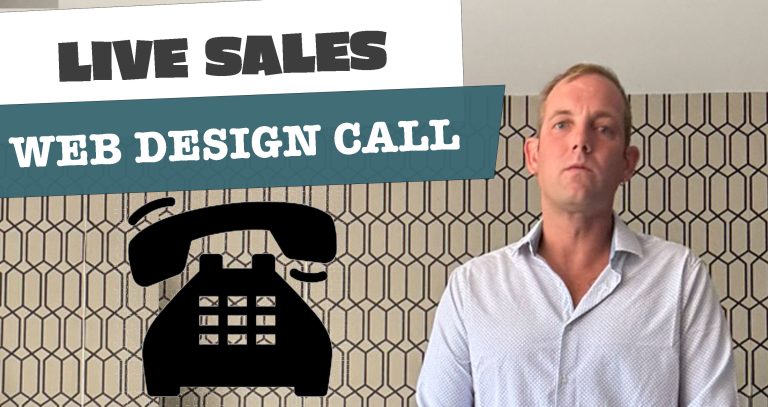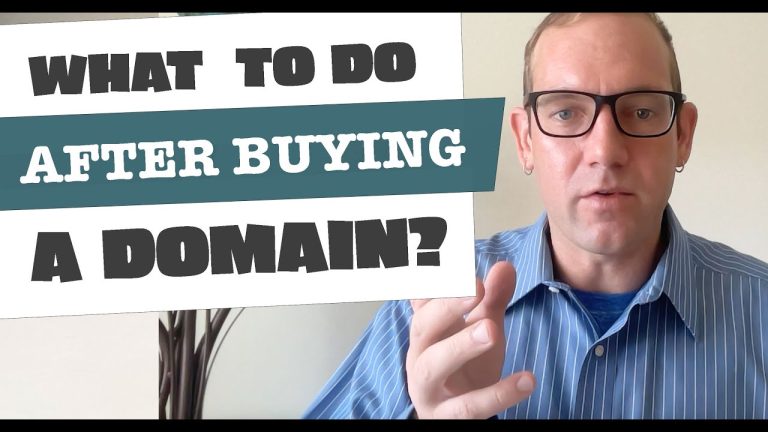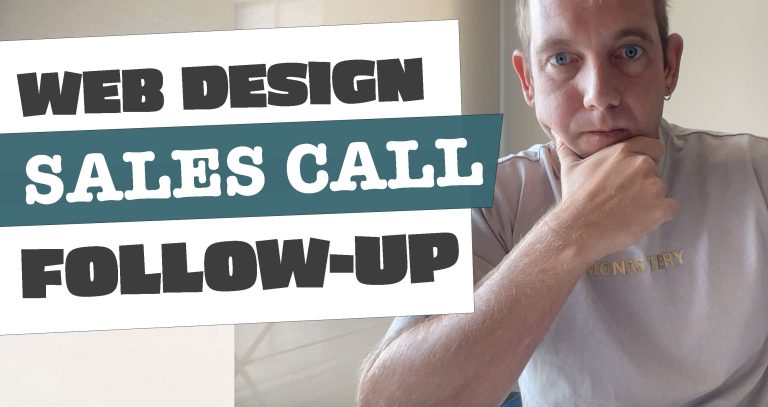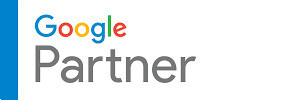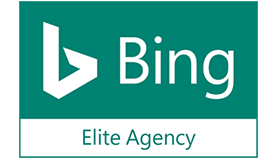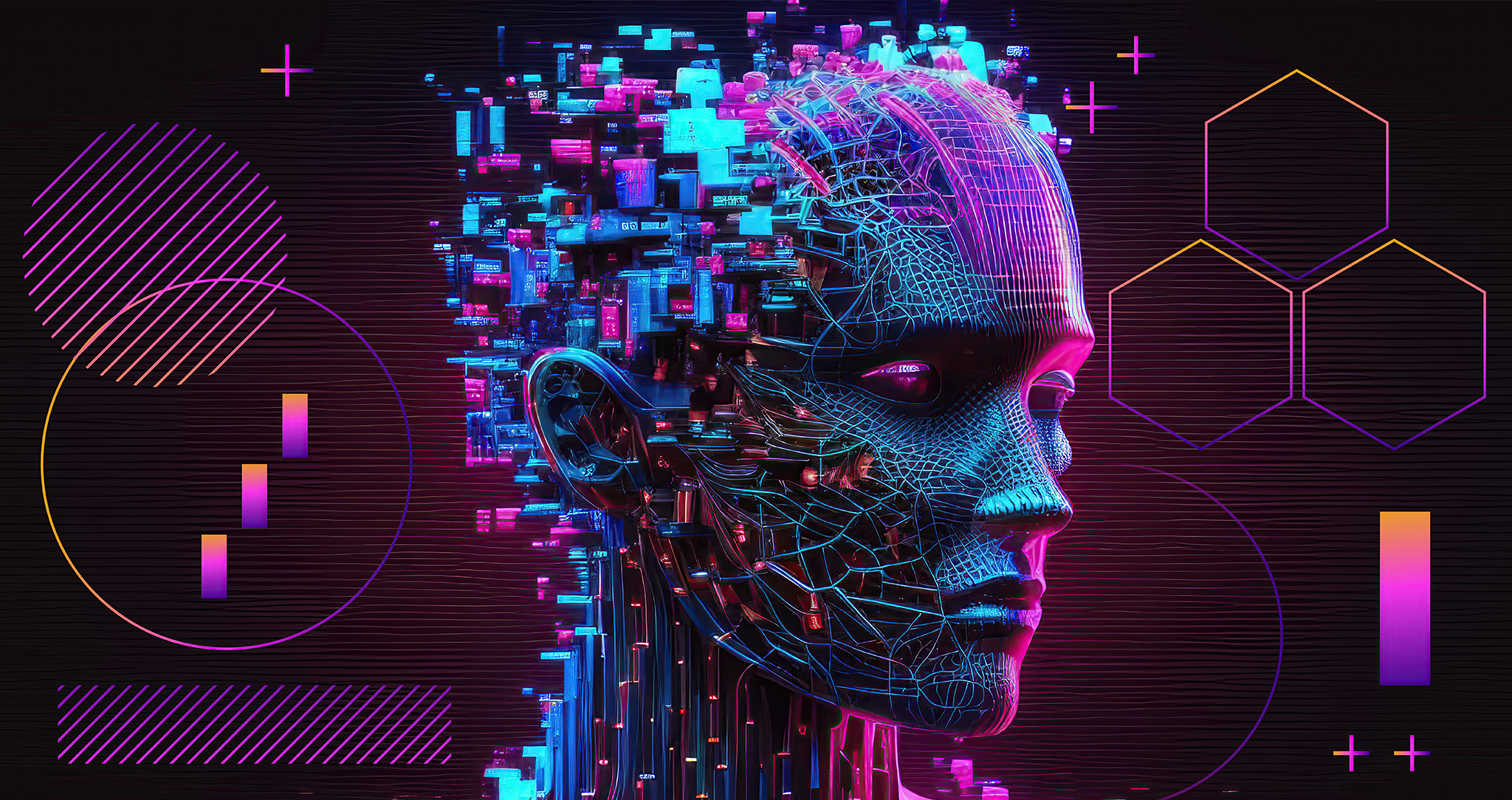
Color isn’t just a visual element; it’s a silent communicator that shapes perceptions, influences moods, and guides user experiences on the web. In the vast canvas of web design, choosing the right colors is akin to selecting the perfect brushstrokes for a masterpiece. Let’s explore the art and science of color psychology and unveil the best colors for web design that leave a lasting impression.
The Power of Blue: Trust and Professionalism
Best for: Business and Corporate Websites
Blue, the color of the sky and the sea, is synonymous with trust, reliability, and professionalism. It instills a sense of calmness and is often chosen by businesses aiming to establish credibility. Financial institutions, tech companies, and healthcare providers frequently incorporate shades of blue to convey a sense of security and dependability.
Energizing with Red: Passion and Action
Best for: Calls-to-Action and Urgent Messages
Red is a powerful and attention-grabbing color associated with passion, energy, and urgency. It’s a go-to choice for buttons and calls-to-action, prompting immediate user engagement. E-commerce platforms often use red strategically to create a sense of excitement and drive users to make quick decisions.
Embracing Green: Nature and Wellness
Best for: Eco-Friendly and Health-Related Brands
Green, the color of nature, growth, and tranquility, is a popular choice for brands focused on sustainability and health. It creates a refreshing and harmonious atmosphere, making it ideal for eco-friendly products, wellness websites, and organizations promoting a balanced lifestyle.
Radiant Yellow: Optimism and Friendliness
Best for: Branding and Positive Messaging
Yellow radiates warmth, positivity, and optimism. It’s a color that captures attention and creates a friendly atmosphere. Brands looking to convey approachability and a sunny disposition often incorporate yellow into their designs, whether through logos or key design elements.
Versatility of Neutrals: Elegance and Simplicity
Best for: Minimalist Designs and Timeless Aesthetics
Neutrals such as white, gray, and beige offer a timeless and elegant aesthetic. They provide a clean backdrop, allowing other colors to stand out and ensuring a simple, sophisticated user experience. Many modern websites, particularly those with minimalist designs, embrace neutral color palettes for their versatility.
Harmonious Combinations: Creating Visual Balance
While individual colors have distinct psychological effects, the magic often lies in combining them harmoniously. Analogous color schemes (adjacent on the color wheel), complementary pairings (opposite on the color wheel), and monochromatic choices (variations of a single color) can create visual interest and guide users through a seamless and enjoyable browsing experience.
Painting a Lasting Impression
Choosing the best colors for web design involves a delicate balance between aesthetics and psychology. Each hue carries its own unique message, and the strategic use of colors can influence how users perceive and interact with a website. Whether you’re aiming for a professional, energetic, or serene vibe, let color psychology be your guide as you paint the digital canvas of web design.


